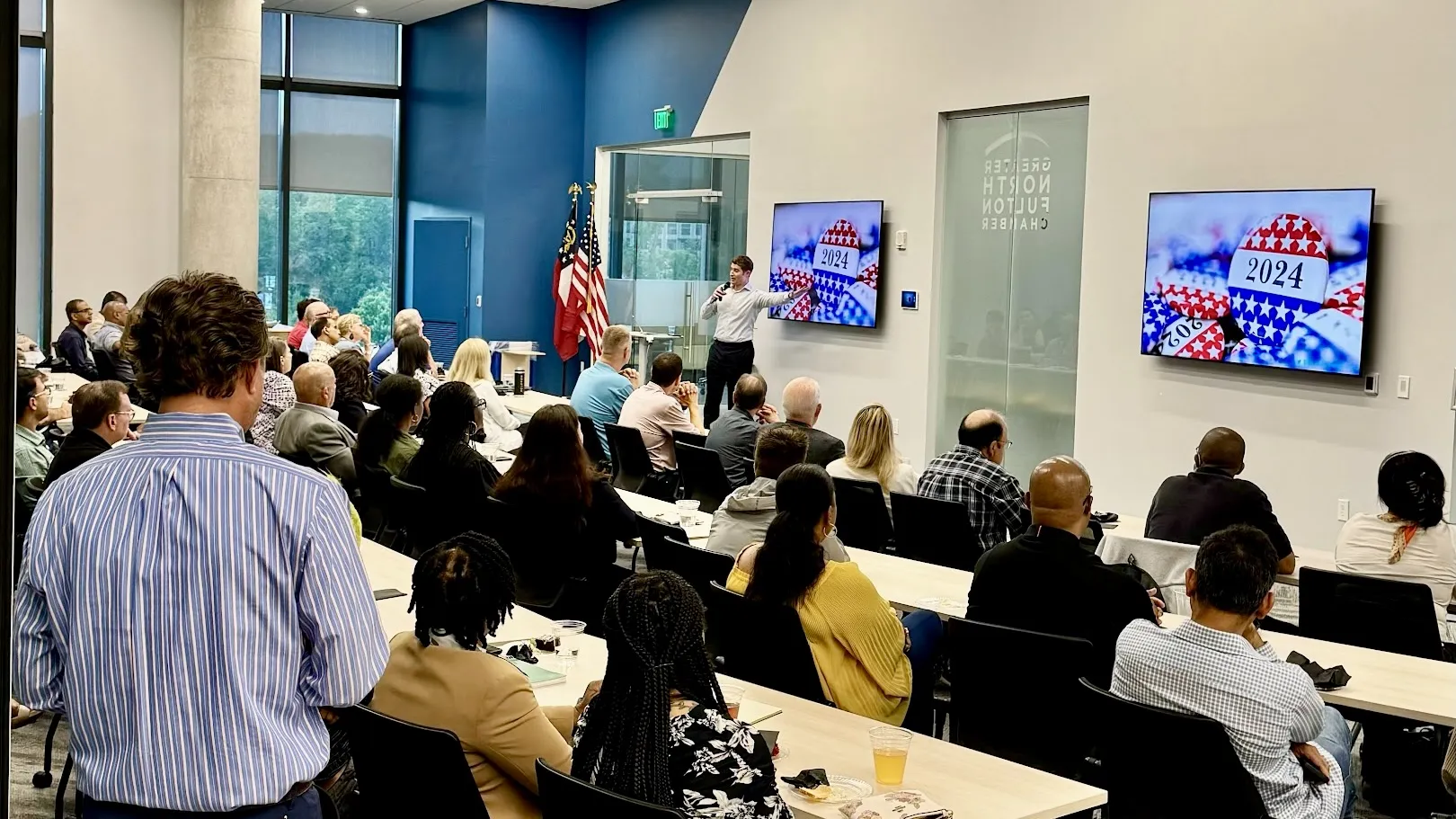
The AI era demands a different approach
Most organizations face the same challenges: vendor hype, consultant fee gouging, unclear ROI, and the nagging suspicion that the "transformation" is really just a platform sale in disguise. We offer an independent alternative.
What we are not
- Big consulting firms optimizing for utilization
- Vendor-captured 'partners' pushing platforms
- AI advisors who stop at the PowerPoint
- Hype merchants with unverifiable claims
What we are
- Independent perspective with outcome alignment
- Platform-fluent but vendor-agnostic
- From diagnosis through implementation
- Conservative claims, measured results
Six value levers for AI transformation
Every engagement focuses on one or more measurable value drivers aligned with your strategic priorities.
How we work
A structured approach that moves from diagnosis to sustained value in predictable phases.
Diagnose
Assess current state and identify value pools
Prioritize
Rank opportunities by ROI and feasibility
Pilot
Rapid proof of value in 6-8 weeks
Scale
Expand successful pilots across the enterprise
Govern
Establish sustainable controls and capabilities

Trusted by leaders at










 Fulcrum Equity Partners
Fulcrum Equity Partners Atlanta Gas Light
Atlanta Gas Light Balto.ai
Balto.ai The Conference Board
The Conference Board Auburn University
Auburn University Ameris Bank
Ameris Bank Azalea Health
Azalea Health AAPOR
AAPOR Mentor Collective
Mentor Collective BasisTech
BasisTechTailored for your role
Different stakeholders have different priorities. We address each perspective.
CEO
Common Challenges
- Board pressure for AI strategy without clear ROI
- Vendor capture and hype fatigue
- Talent and culture readiness uncertainty
What You Get
- Credible AI roadmap with measurable milestones
- Independent perspective on build/buy/partner
- Organization-wide enablement framework
CFO
Common Challenges
- Inflated AI project budgets with unclear payback
- Runaway cloud and LLM costs
- Governance gaps creating audit exposure
What You Get
- Conservative ROI models with contingency ranges
- 30-50% cost optimization on existing spend
- Audit-ready governance documentation
CIO
Common Challenges
- Integration complexity across legacy systems
- Vendor lock-in from platform partnerships
- Security and compliance requirements
What You Get
- Platform-fluent architecture recommendations
- Vendor-agnostic implementation paths
- Enterprise-grade security controls
Featured results
Representative outcomes from recent engagements. Some clients named with permission; others anonymized for confidentiality.
Nine-Figure
CX Data Mesh + AI Lifecycle APIs
API-first CX cloud platform driving subscription renewals across 500k+ customers and 2M+ assets
$800M+
Pharma Analytics COE + Experimentation
Governed analytics COE with experimentation platform surfacing $80M+ issue signals
Nine-Figure
Enterprise AI Literacy + Applied Labs
Hub-and-spoke AI enablement model training thousands and driving attributable revenue
$300MM+
AI Ecosystem Mapping + Portfolio Alignment
Executive-readable map consolidating fragmented AI initiatives into a single portfolio view
$80M+
LLM Cost Reduction + Revenue Cycle
HIPAA-compliant AI enablement reducing costs $80M+ and increasing collections 23% annually
8-Figure Exit
Patented FinTech Data Products
Cofounded and built patented data products with >2,000× algorithm speed improvement
